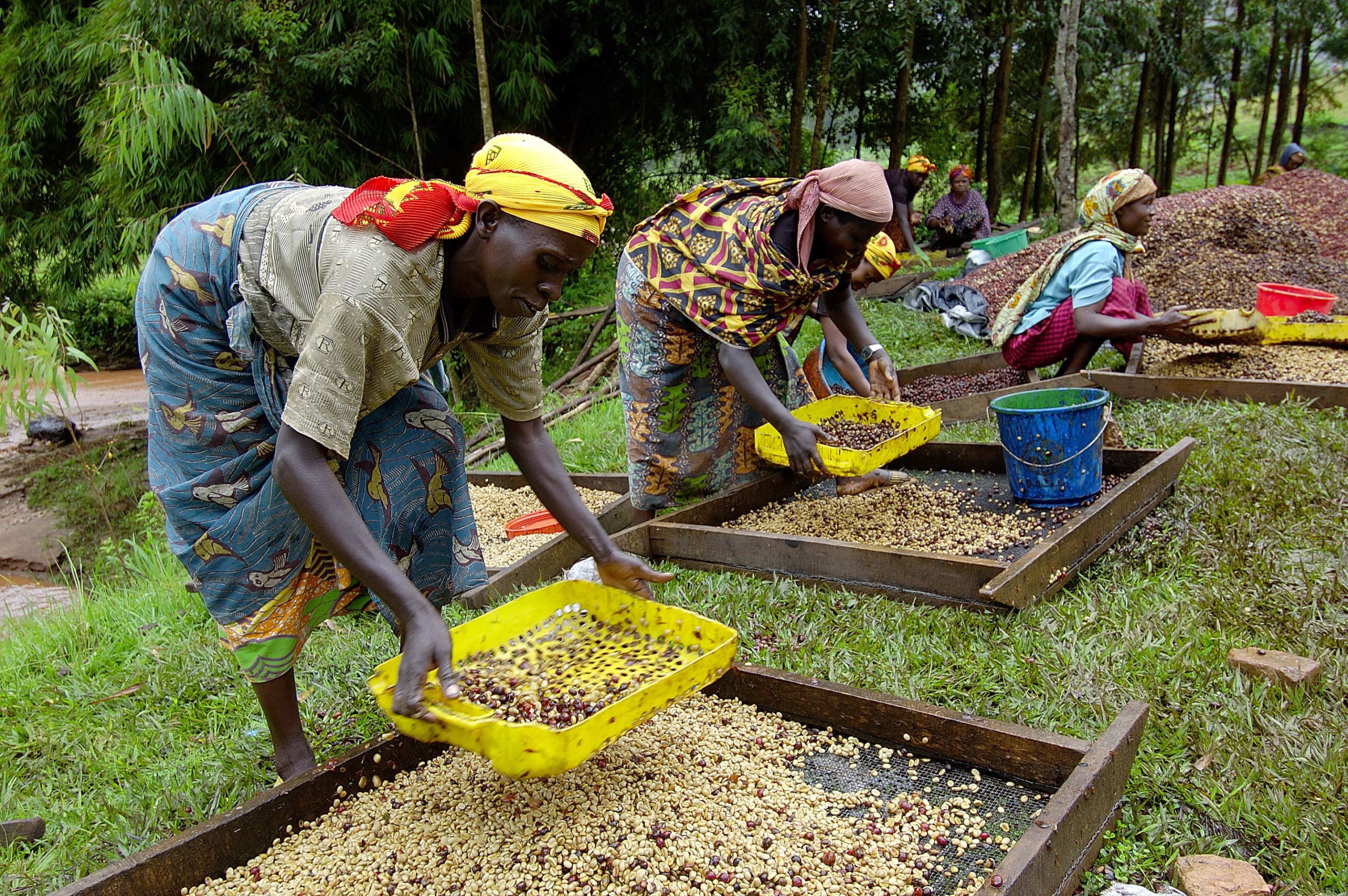
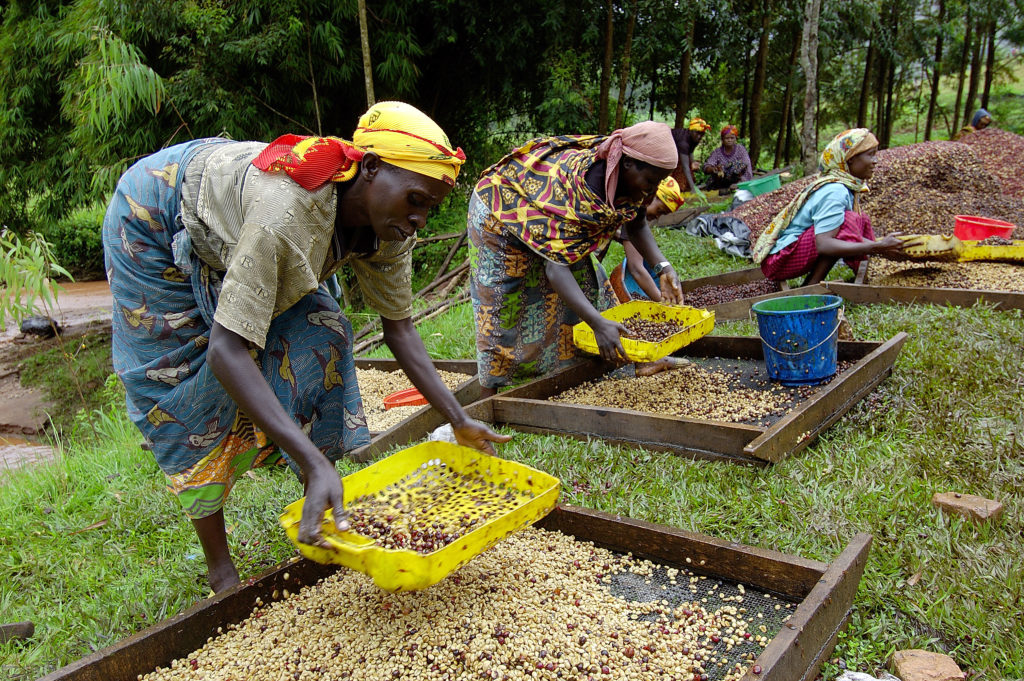
Women are the backbone of the agricultural sector, composing 43% of the labor force globally and up to 80% in certain countries. But, despite their vital role, most women don’t benefit from their labor at an equal level to men. Numerous barriers-educational, economic, and social-prevent them from accessing vital resources and opportunities.
But this inequity doesn’t just impact women. Gender gaps in education and employment can have damaging consequences for rural economies as a whole. The good news is that by investing in rural women, we can increase agricultural productivity, reduce poverty and hunger, and promote economic growth. Closing the gender gap would not only help women prosper, it would help their families and communities thrive.
What are the barriers for women working in agriculture?
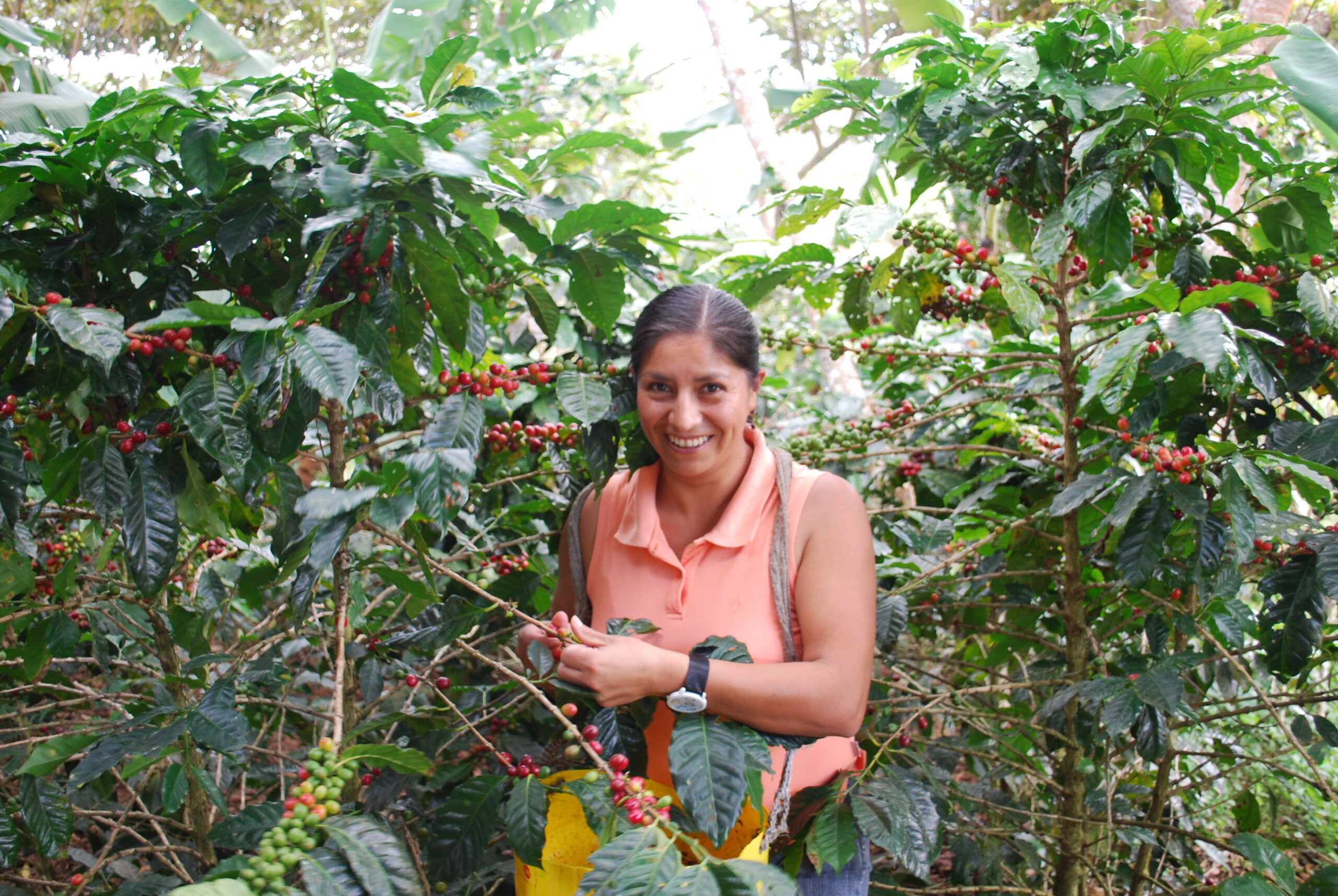
LAND OWNERSHIP – Despite being a large proportion of farmers in many countries, women are fewer than 15% of all agricultural landholders worldwide. According to the World Bank, almost 40% of countries have at least one legal constraint on women’s right to own and control property. This is a major barrier, since secure land rights for women are often correlated with better outcomes for them and their families, including more income and savings, improved child nutrition, and lower levels of gender-based violence.
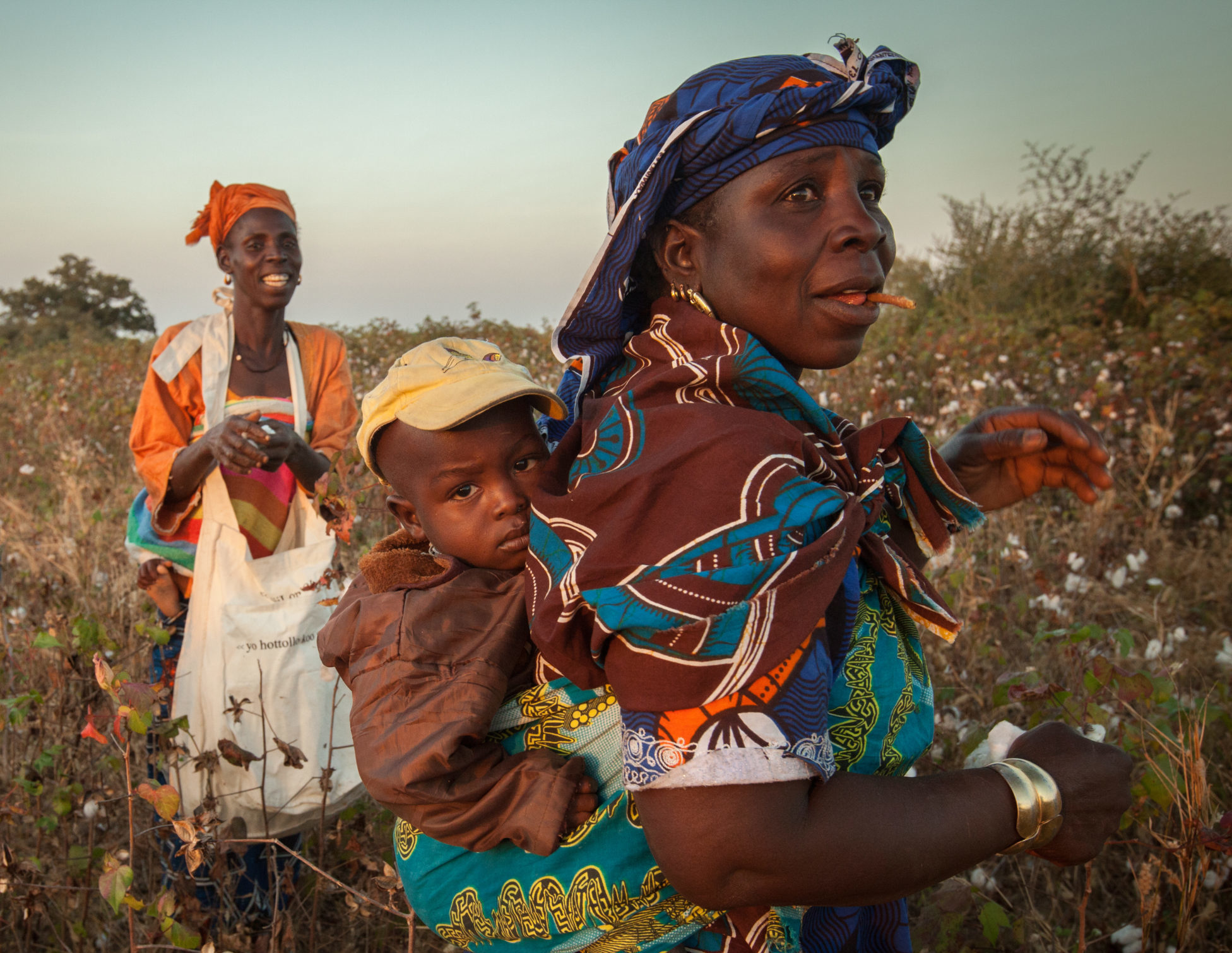
HOUSEHOLD RESPONSIBILITIES – Rural women in low-income countries work as many as 12 hours more per week than men, largely due to the additional time they spend on household responsibilities, like caring for children and preparing food. But this critical work is unpaid, leading women to earn less overall for their labor than their male counterparts. This also means that women who want to pursue more formal employment in agriculture-in agro-processing, agronomy, or enterprise management-are in dire need of childcare options.
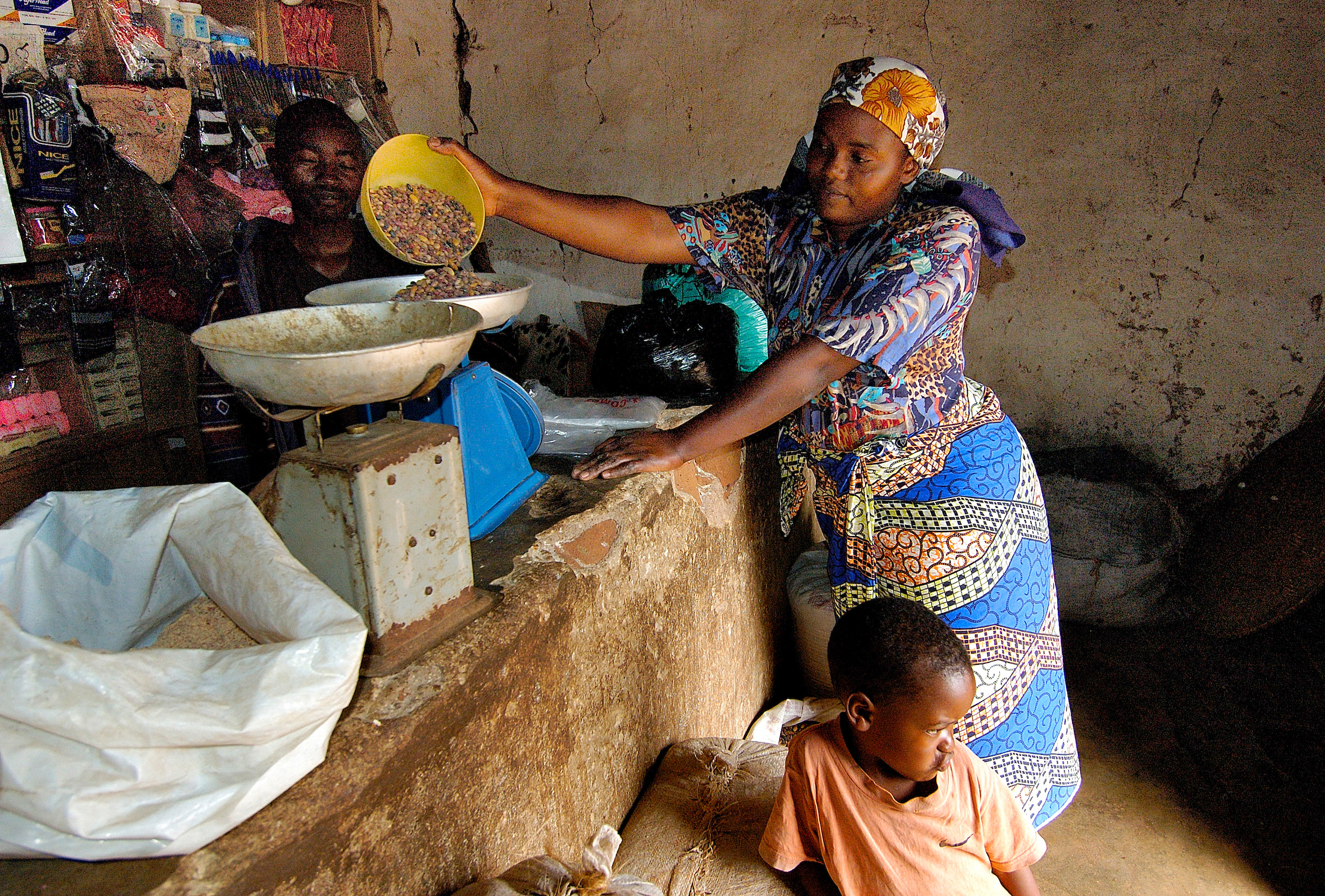
LACK OF PRODUCTIVE INPUTS – Though women put in long hours and hard work, they still have smaller harvests than their male counterparts-but not because they’re less efficient. Studies show that this productivity gap is due to women having lower access to inputs, like seeds and fertilizer. According to the FAO, if women had the same access to productive resources as men, they could increase their crop yields by 20-30%. Closing this gender gap would result in bigger harvests that could ultimately help feed 150 million hungry people worldwide.
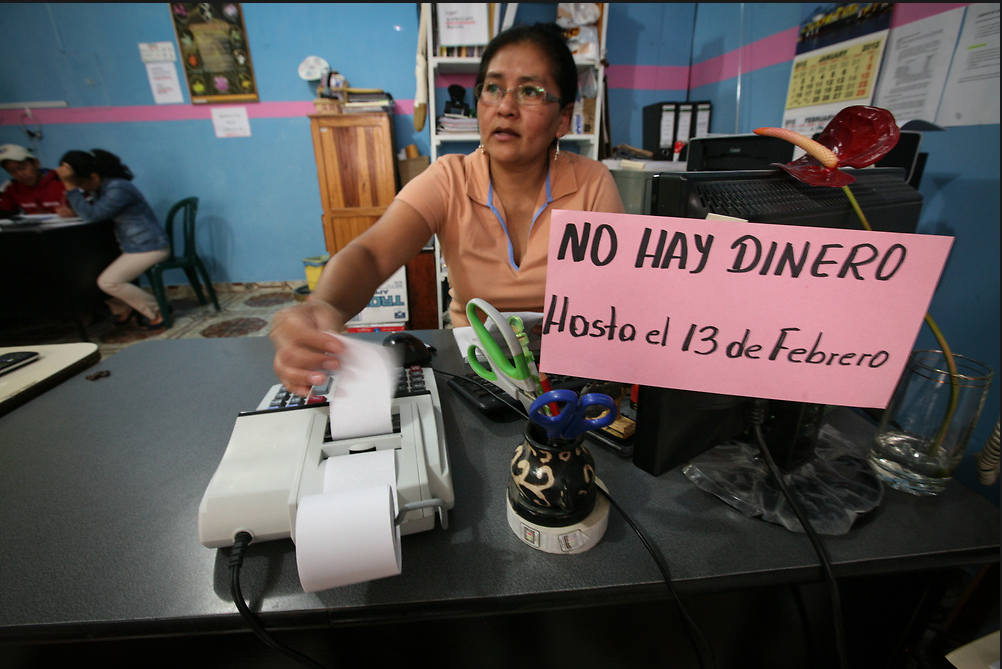
ACCESS TO FINANCE – What about credit opportunities to compensate? Unfortunately, here too, women are disadvantaged: they are less likely to have a bank account, often receive smaller loans, and may not retain control over the funds they do receive. Research shows that increasing access to credit helps people better manage risk, start or invest in a business, and fund large expenditures like education or a home improvement. For women, who have less control over household decision making or economic resources, this is crucial. With access to financing, rural women can improve their farms or invest in additional income streams.
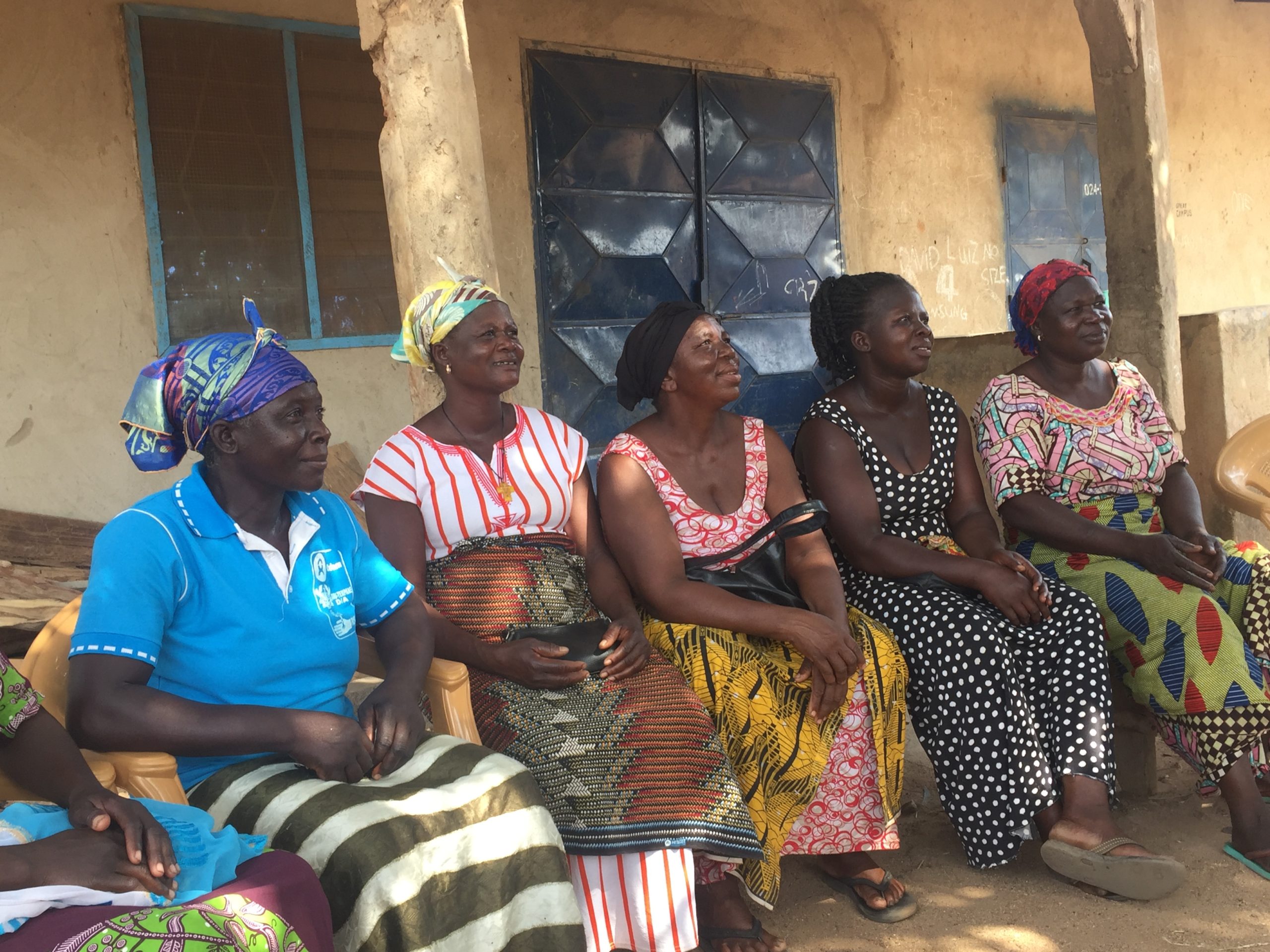
ACCESS TO TRAINING – Globally, women receive only 5% of agricultural extension services (educational procedures to improve farming methods and techniques). Women who do access training often can’t fully benefit from the information offered-both due to their lower levels of education and literacy and because the trainings are not tailored to their unique needs and experiences. The result? Women farmers are up to 50% less likely than men to adopt research-proven good agricultural practices like organic fertilization, farm renovation, and shade-grown coffee.
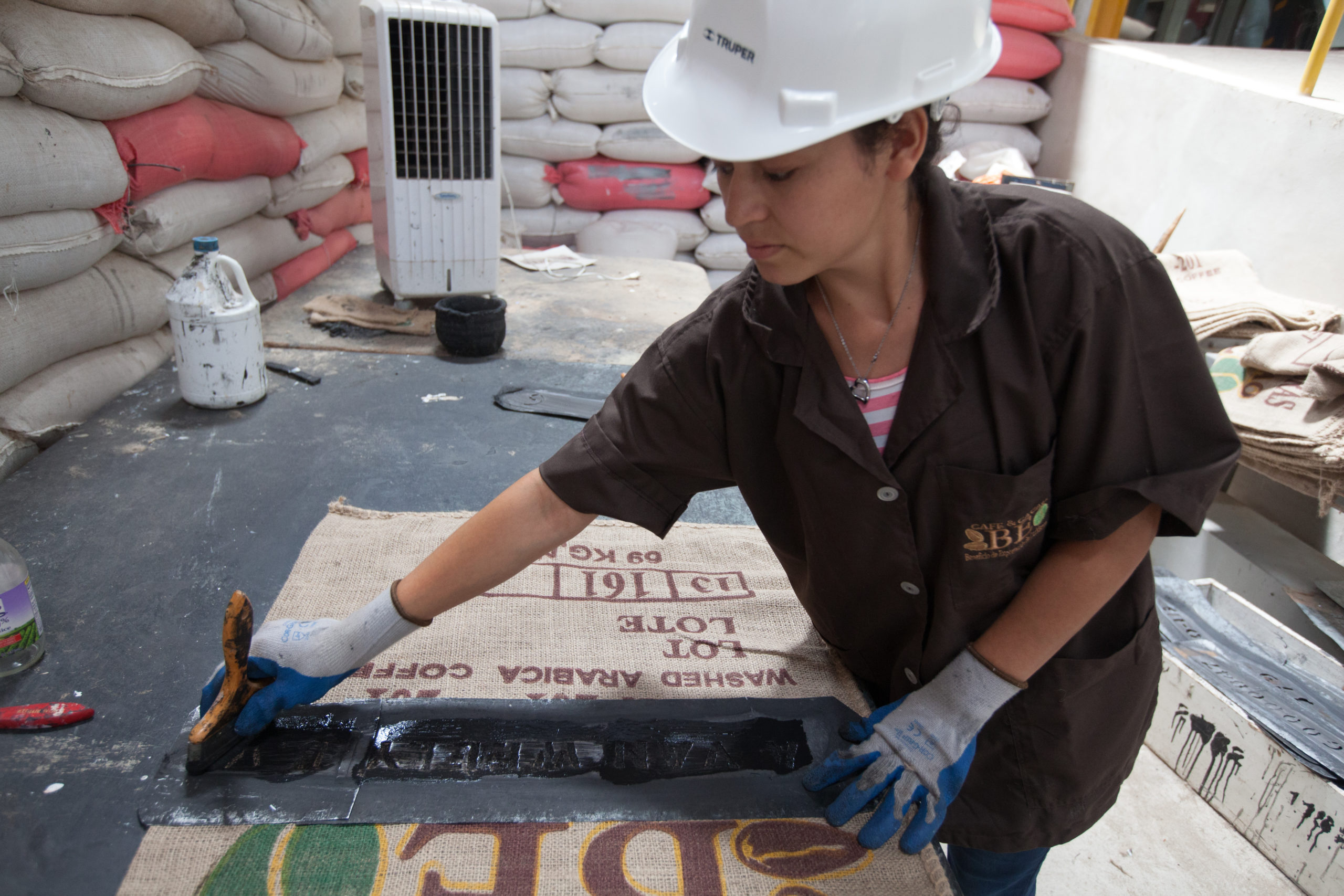
LIMITED EMPLOYMENT AND LEADERSHIP OPPORTUNITIES – Farming is just one of many jobs in the agricultural sector. Some women may prefer more formal employment in an agricultural enterprise, where they can become accountants, trainers, quality control specialists, or business leaders. Yet all too often, the same barriers apply to women in these roles. Limited mobility, lack of education or training, and lack of childcare may all prevent women from accessing formal jobs in agriculture. When women start their own businesses, they find it much harder to access credit-an estimated 70% of women-owned enterprises in emerging markets are overlooked by lenders.
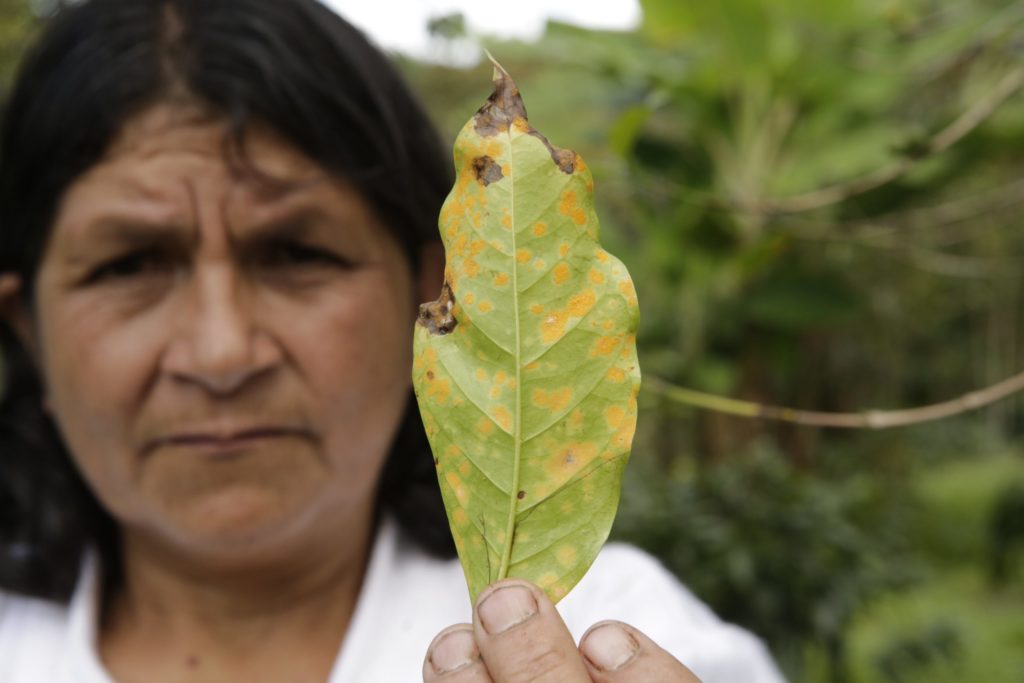
DISPROPORTIONATE IMPACTS OF CLIMATE CHANGE – Farmers depend on steady weather, water, and soil; when these elements become unpredictable, farmer incomes suffer. But because of the systemic barriers above, women farmers are even more vulnerable to climate-related threats. Without equal access to training, women have less information on climate-smart agricultural practices. Without credit, they can’t invest in farm renovation. As ecosystems change, women may have to spend even more time on household responsibilities like gathering water or firewood. These barriers have cascading impacts when it comes to rural women’s ability to adapt to climate change.
So, how can we level the playing field for women in agriculture?
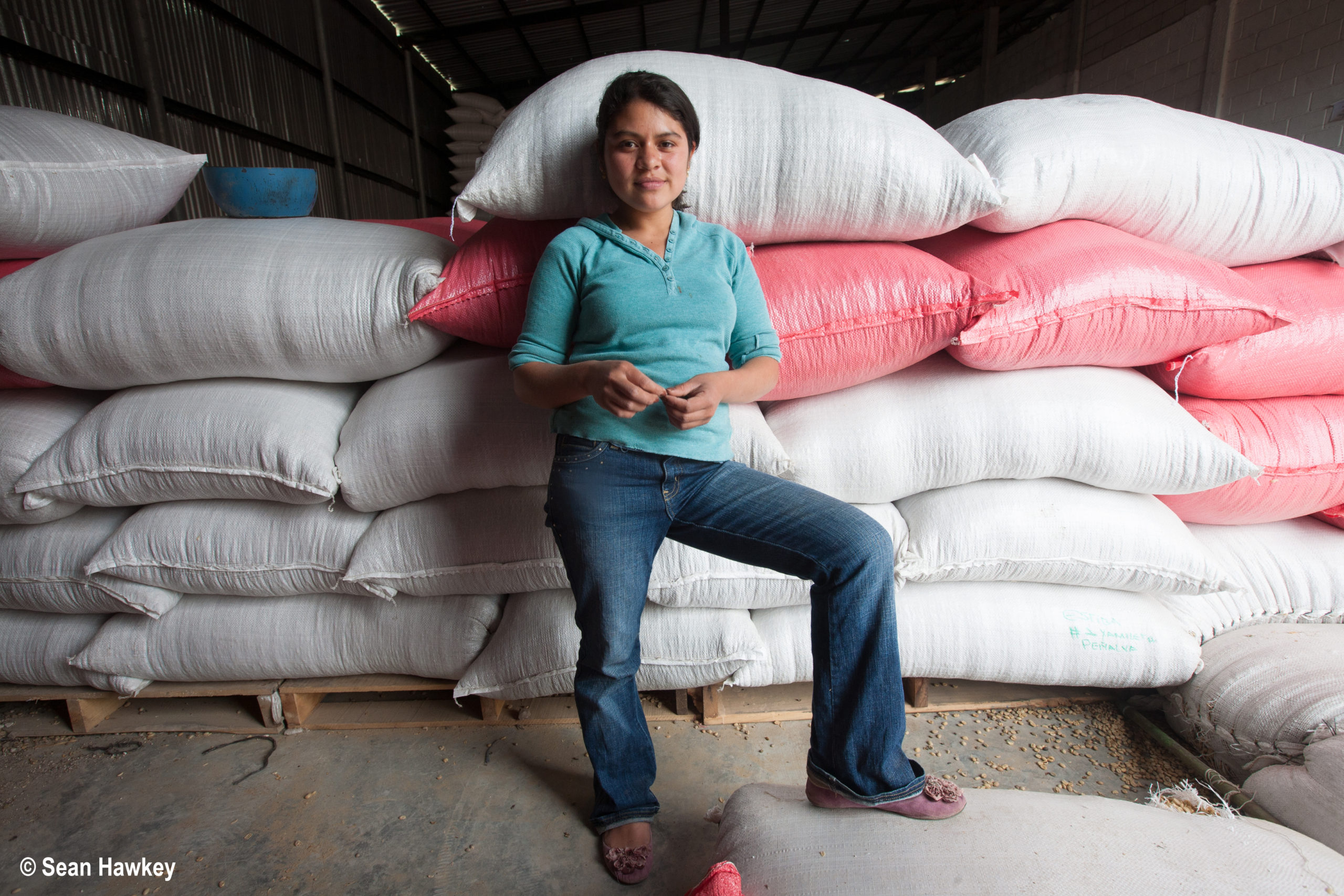
Rural women have the power to transform their communities. But to unlock this power-not to mention reduce hunger, fight poverty, and build inclusive rural prosperity-we must close the gender gap in agriculture. One proven way of doing so is to support agricultural enterprises that level the playing field and promote economic opportunities for women.
Through Root Capital’s Women in Agriculture Initiative (WAI), we support gender-inclusive agricultural businesses that actively create jobs and opportunities for women. Using both credit and capacity building, we enable these businesses to provide critical services and higher and more stable incomes to their members-women and men. Since 2012, we’ve invested in businesses that support the livelihoods of more than half a million women farmers and deployed innovative programming to increase gender inclusion throughout agricultural value chains.
Read more about these efforts in our latest Women in Agriculture Initiative report. Together, we can break down the barriers constraining women in agriculture and build up more inclusive, prosperous, and resilient rural communities. Join us today.
Photos © Root Capital and Sean Hawkey
